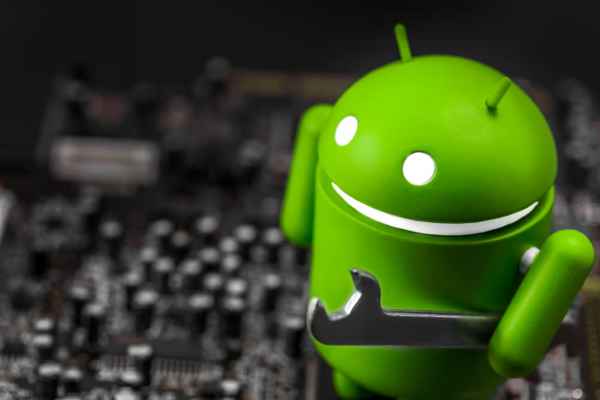Android
What is an Android?

Introduction:
Android, developed by Google, is a widely-used operating system that powers a vast array of mobile devices. Known for its open-source nature, flexibility, and user-friendly interface, Android has become a dominant force in the mobile industry. This article explores the various aspects of Android, from its definition to its importance and usage.
Definition:
“Android” refers to an open-source operating system designed primarily for mobile devices. It provides a customizable and user-friendly environment for smartphones, tablets, smartwatches, TVs, and other devices. Android’s op en-source nature allows manufacturers to customize the system to suit their specific hardware, contributing to its widespread adoption across diverse devices.
NY
Analogy:
Think of Android as a versatile toolkit for mobile devices. Just as a toolkit can be adapted for various purposes, Android serves as a platform that accommodates different devices, enabling them to run applications and services seamlessly.
Further Description:
Android’s features cover a range of functionalities, including:
User Interface: Android offers a customizable user interface, allowing manufacturers and users to personalize the look and feel of their devices.
App Ecosystem: The Google Play Store provides a vast repository of applications, offering users a wide selection of apps for different purposes.
Open Source: Android’s open-source nature encourages collaboration and innovation, fostering a community of developers who contribute to its enhancement and evolution.
Security: Android incorporates robust security measures to protect user data, including app sandboxing, regular security updates, and permissions management.
Customization: Manufacturers can modify Android to create unique experiences on their devices, contributing to the diversity in the Android ecosystem.
Why is Android Important?
Market Dominance: Android holds a significant share of the global mobile operating system market, making it a key player in the industry.
Diverse Device Compatibility: Android’s flexibility allows it to run on a variety of devices, from budget smartphones to high-end tablets and smart TVs.
App Development: The Android platform provides a fertile ground for app developers, enabling them to reach a broad audience and contribute to the vibrant app ecosystem.
Global Accessibility: Android’s affordability and accessibility contribute to its popularity in emerging markets, making smartphones and technology more widely available.
Examples and Usage:
Samsung Galaxy Series: Samsung’s smartphones and tablets, including the popular Galaxy series, run on the Android operating system, showcasing the platform’s adaptability to different hardware.
Google Pixel: Google’s Pixel smartphones serve as flagship devices for showcasing the latest Android updates and features, providing a pure Android experience.
Smart TVs and Wearables: Android extends beyond mobile devices to power smart TVs and wearables, offering a consistent experience across various product categories.
Key Takeaways:
- Android is an open-source operating system designed for mobile devices, known for its flexibility, customization, and user-friendly interface.
- It powers a diverse range of devices, including smartphones, tablets, smartwatches, and smart TVs.
- Android’s open-source nature encourages collaboration, innovation, and a robust app ecosystem.
- The platform’s importance lies in its market dominance, diverse device compatibility, and global accessibility.
- Examples include Samsung Galaxy devices, Google Pixel smartphones, and Android-powered smart TVs and wearables.
Table of Contents




